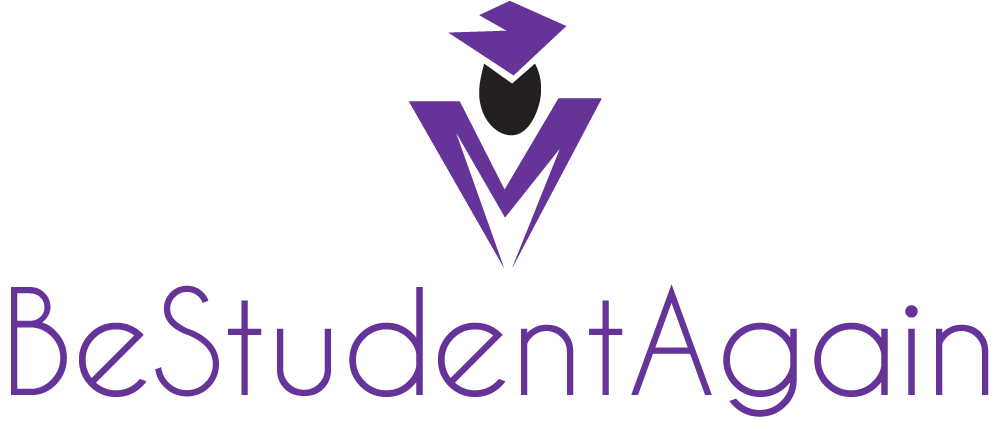Un stage de fin d’études constitue la ligne droite avant de rejoindre le marché de l’emploi. C’est aussi une opportunité à saisir pour décrocher son premier job. La recherche d’un travail prend généralement entre 3 et 7 mois, dès lors il faut anticiper et profiter de son entreprise d’accueil pour passer d’un stage à un emploi stable. Ci-après quelques informations utiles pour bien préparer son insertion professionnelle.
Fin de stage, quelles possibilités ?
Pour un stagiaire, qui voit la fin de son stage s’approcher, deux options se présentent à lui. La première est une offre d’emploi de la part de la structure d’accueil, qui s’inscrit dans la continuité de la mission du stage ou l’octroi de nouvelles missions. Alors que la deuxième option constitue la fin de stage mais sans offre d’embauche et dans ce cas l’étudiant n’aura qu’à se lancer sur le marché du travail. Evidemment, il convient de ne pas attendre l’achèvement du stage pour commencer sa quête. Il suffit d’aviser l’entreprise d’accueil pour qu’elle accorde au stagiaire un temps libre pour les entretiens.
Intégrer la vie active, quelles options ?
Rejoindre la vie active peut être dans le cas d’un travail d’indépendant ou d’entrepreneur, mais dans la majorité des cas il s’agit d’un travail salarié. Pour cette dernière option, il s’agit d’échanger ses compétences et sa force de travail en contrepartie d’un salaire et d’une protection sociale.
Le contrat de travail peut être un CDI ou un CDD. Pour le contrat à durée indéterminée, il est conclu sans aucune limitation de durée. Il offre de nombreux avantages à commencer par la stabilité, la mise en place d’un plan de carrière au sein de la structure, et une bonne protection pour le salarié qui ne peut être licencié sans raison valable.
Tandis que le contrat à durée déterminée, constitue un engagement temporaire qui peut être associé à un accroissement saisonnier de l’activité ou une absence d’un salarié. Le renouvellement est possible pour une fois dans la limite de 18 mois. Malgré la définition d’une durée limitée pour ce type de contrat, il n’est pas exempte d’avantages. En effet, en connaissant à l’avance l’échéance de l’engagement, l’employé peut se mettre en quête d’un nouveau poste en mettant à profit les contacts de l’entreprise et ses nouveaux collègues qui peuvent le recommander. En cas de rupture du contrat, une prime de précarité est versée au salarié, correspondant au dixième de la rémunération brute totale. En plus, l’arrivée à échéance du contrat donne droit de manière automatique à des allocations de retour vers l’emploi. D’un autre côté le salarié avec un CDD aurait profité de cette opportunité pour essayer un métier et acquérir une nouvelle expérience mais sans être coincé. Ce type de contrat offre de nombreux avantages, le seul hic c’est la précarité de l’emploi.
Outre le CDI et le CDD, il y a le contrat d’intérim qui est un contrat de travail temporaire consistant à exécuter une tâche ou une mission particulière pour la structure d’accueil. Dans ce cas le recruteur effectif est la société d’intérim qui verse une rémunération pour mettre la force de travail du salarié au service de ses clients. Dans ce type de contrat, la durée de la mission ne peut dépasser les 18 mois. Ce contrat se caractérise donc par sa précarité et l’impossibilité d’évoluer au sein de la structure d’accueil.
Avoir une expérience à l’étranger
Certains étudiants peuvent choisir de démarrer leur carrière professionnelle avec une expérience internationale. Plusieurs options leur sont offertes, notamment le contrat de volontariat international en entreprise ou le volontariat international en administration. Ce sont des contrats de mission pour une durée déterminée, qui sont destinés aux jeunes de 18 à 28 ans. Sinon, il est toujours possible de décrocher un contrat de travail durable à l’étranger.






